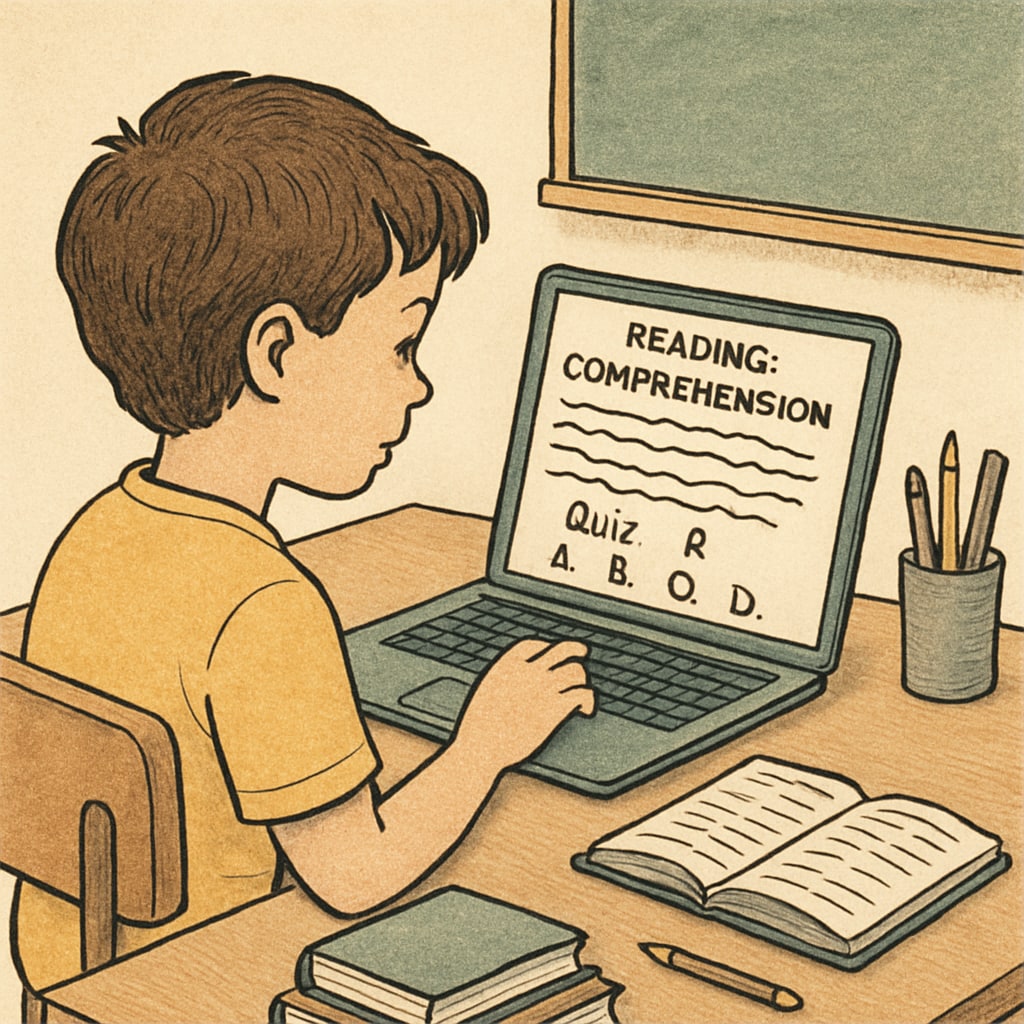The Accelerated Reader (A.R.) system has long been a popular tool for assessing reading comprehension and motivating young readers. However, not every school or family has access to this paid program, leading many to seek free alternatives. This article delves into the advantages of the A.R. system, outlines criteria for selecting a replacement, and highlights free resources and DIY strategies to inspire a love for reading among young learners.
What Makes the A.R. System Effective?
The A.R. system operates by allowing students to take quizzes on books they’ve read, earning points based on their performance. This gamified approach motivates children to read more while helping educators track comprehension progress.
- Engagement: The points-based structure fosters a sense of achievement.
- Comprehension Tracking: Teachers can monitor students’ understanding of texts.
- Scalability: A.R. accommodates a wide range of reading levels.
Despite these strengths, the subscription fees can limit access, prompting the need for free alternatives.
Criteria for Choosing a Free Alternative
When selecting a replacement system, it’s essential to consider the following:
- Ease of Use: The platform should be intuitive for both students and teachers.
- Comprehensive Library: A broad selection of book quizzes ensures all readers are catered to.
- Customizable Features: The ability to create custom quizzes can fill gaps in available content.
- Progress Tracking: Tools to monitor student performance are invaluable.

Top Free Resources for Reading Comprehension
Several free platforms offer robust solutions for reading comprehension assessments:
1. Read Theory
Read Theory provides adaptive reading comprehension exercises tailored to each student’s level. The program’s personalized approach ensures that students remain challenged without feeling overwhelmed.
2. The Free Reading Program
This resource offers over 3,500 lessons covering reading comprehension, vocabulary, and other literacy skills. It’s entirely free and designed for K-6 learners.
3. CommonLit
CommonLit is an excellent resource for upper elementary students, featuring a library of high-quality texts accompanied by comprehension quizzes. Teachers can assign texts and track progress effortlessly.
4. DIY Quiz Creation
For schools or families seeking full control, creating your own quizzes is a flexible option. Tools like Quizizz and Kahoot! make it easy to design engaging, interactive tests.
Tips for Building a Culture of Reading Motivation
In addition to using free systems, fostering an environment that encourages reading is crucial:
- Celebrate Achievements: Offer rewards for milestones, such as completing a set number of books.
- Encourage Peer Sharing: Book clubs and discussions can make reading a social activity.
- Provide Diverse Materials: Access to various genres and formats (e.g., audiobooks) ensures every child finds something engaging.

By combining free resources with a nurturing reading culture, schools and families can create a sustainable system that mirrors the strengths of A.R.
Conclusion: Finding the Right Fit
While the A.R. system has its merits, there are numerous free alternatives that can effectively support reading comprehension and motivation. Platforms like Read Theory, The Free Reading Program, and CommonLit offer excellent options, while DIY quizzes further expand possibilities. Ultimately, the goal is to inspire a lifelong love for reading, and with the right tools and strategies, this can be achieved without financial barriers.


